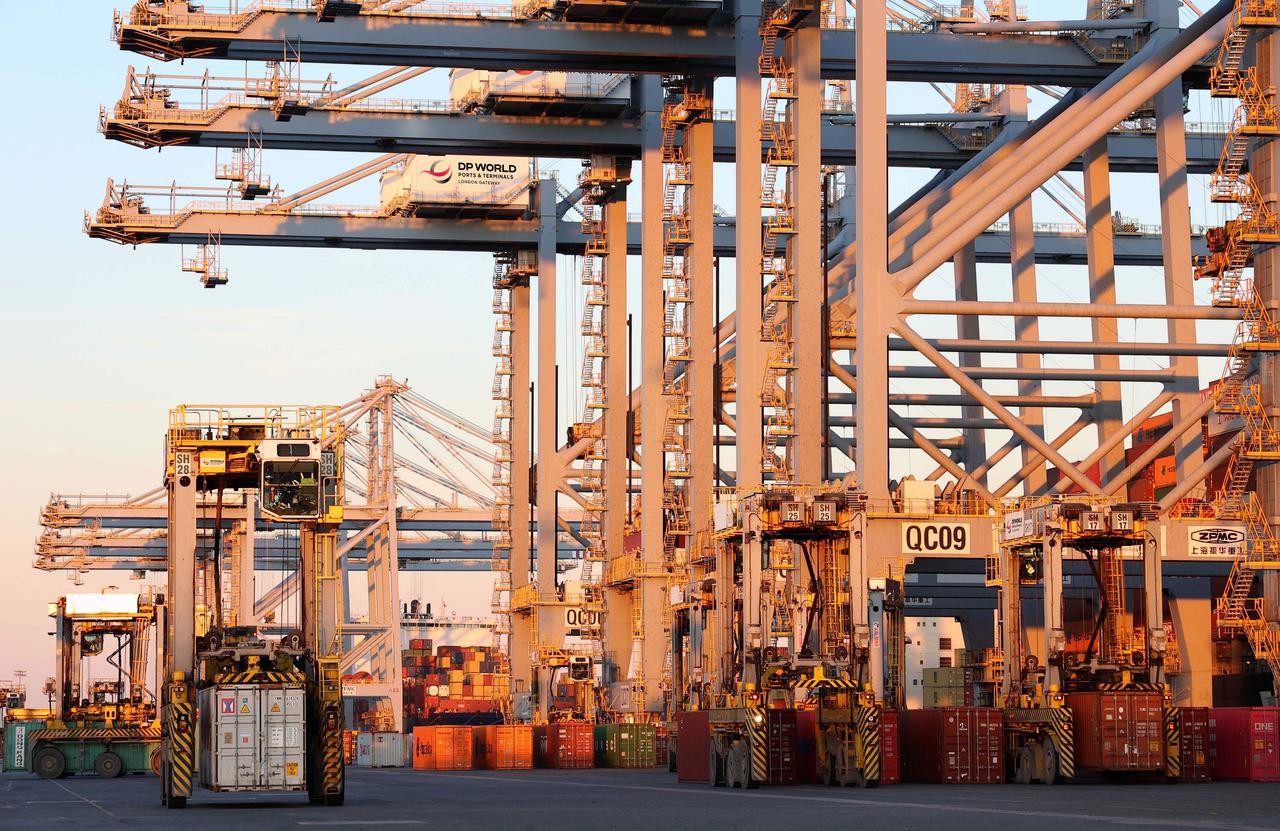The VLCC “Front Duke”, Image (c) Frontline Tankers
 By Jonathan Saul
By Jonathan Saul
LONDON, March 21 (Reuters) – Crude oil tanker earnings on the major Middle East route rose on Thursday, helped by firmer bookings, although the outlook remained pressured due to oversupply and high fuel costs.
The world’s benchmark VLCC export route from the Middle East Gulf to Japan <DFRT-ME-JAP> reached W37.15 in the worldscale measure of freight rates, or $5,593 a day when translated into average earnings, which indicates shipowners are losing money on journeys.
That compared with W36.28 or $3,513 a day on Wednesday and W34.00 or -$252 a day last Monday.
“The VLCC market managed to stay afloat this past week, with increased demand for Eastbound voyages,” broker Intermodal said.
Average earnings per day are calculated after a vessel covers its voyage costs such as bunker fuel and port fees. VLCC operating costs, including financial costs, are estimated at around $10,000 a day.
Despite average earnings sliding to negative levels in recent months and a record low of nearly -$8,000 a day, ship owners have continued to hire their tankers out, aiming to keep their vessels in employment and ensure they are positioned in places where they can pick up further work.
Tanker players said downside risks remained, given modest oil demand and the fact that more tankers, ordered when times were good, were still to join the global fleet this year.
Trade association INTERTANKO, whose members own the majority of the world’s tanker fleet, told Reuters this week many oil tanker owners were struggling to survive as weak freight rates and escalating costs batter profitability.
“We have some very solid, very good companies that are in dire straits simply because when they bought some of the vessels that they are operating today, they bought them at the top of the market,” said INTERTANKO’s managing director Katharina Stanzel.
Apart from supply pressures, tanker owners also face high fuel costs, which are eating into earnings.
Danish shipping company Norden said in a newsletter this week one of its oil products tankers, which was unladen and on the last part of a voyage from Brazil to Algeria, stopped its main engine for three to four days and let the vessel drift by wind and sea.
“This unusual initiative resulted in savings of 27 tons of fuel corresponding to a total of $17,064,” Norden said.
VLCC average earnings turned negative for the first time in August 2011 since the Baltic Exchange started collating the data in 2008 as worsening conditions took their toll.
VLCC rates from the Gulf to the United States <DFRT-ME-USG> were at W18.91 on Thursday versus W18.43 on Wednesday and W17.98 last Thursday.
Rates for suezmax tankers on the Black Sea to Med route reached W72.04 or $17,873 a day.
That compared with W70.54 or $16,570 a day on Wednesday and W69.33 or $15,348 a day last Thursday.
“The Med suezmax scene remain surprisingly stable as the tonnage list should indicate an opportunity to put pressure on the rate levels,” broker Fearnleys said.
“However basis Black Sea, we might see a small rate increase if there are early April stems (cargo bookings) left. This mainly due to delays in transiting Bosphorus.” (Editing by Anthony Barker)

 Join The Club
Join The Club











